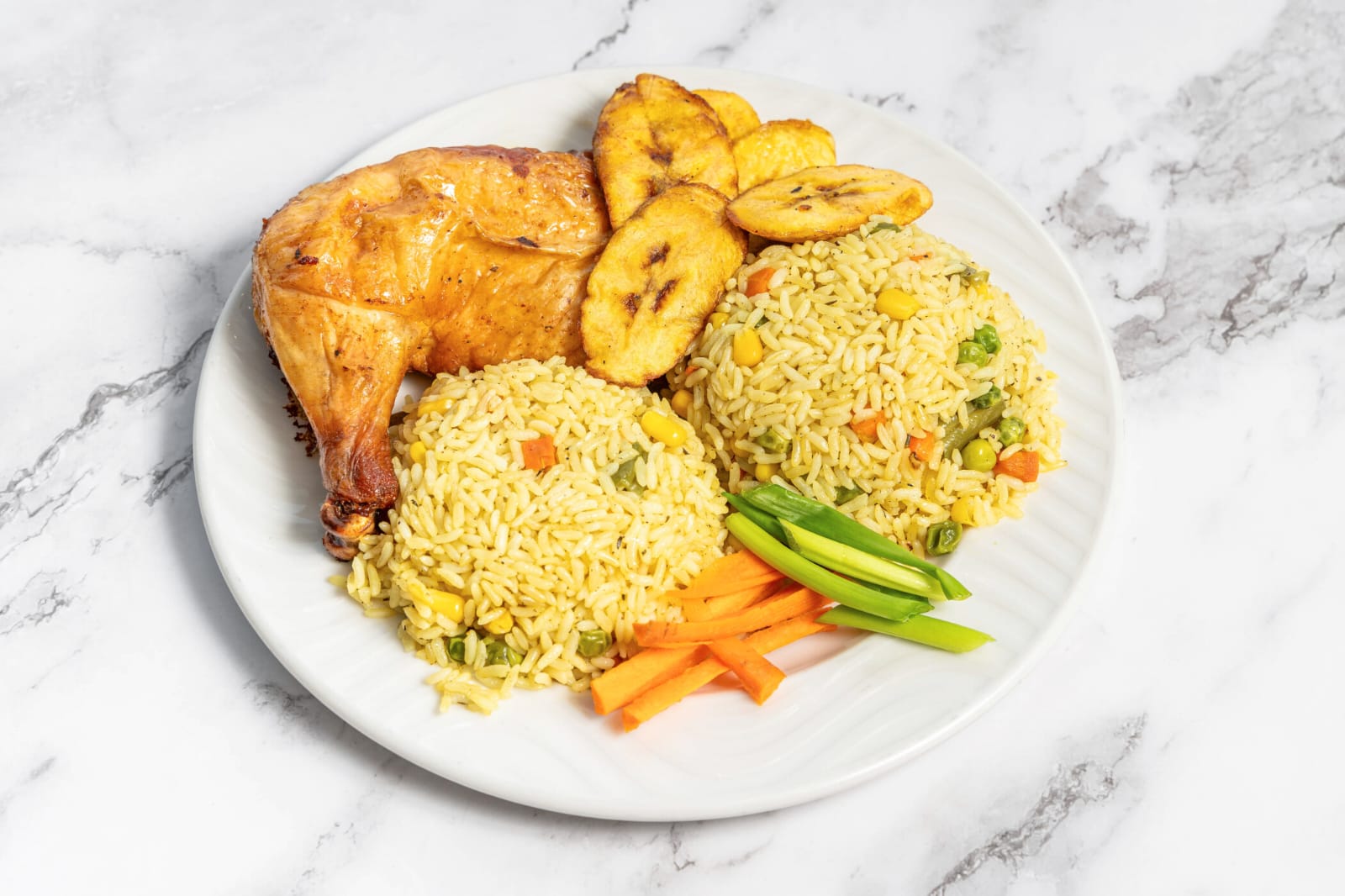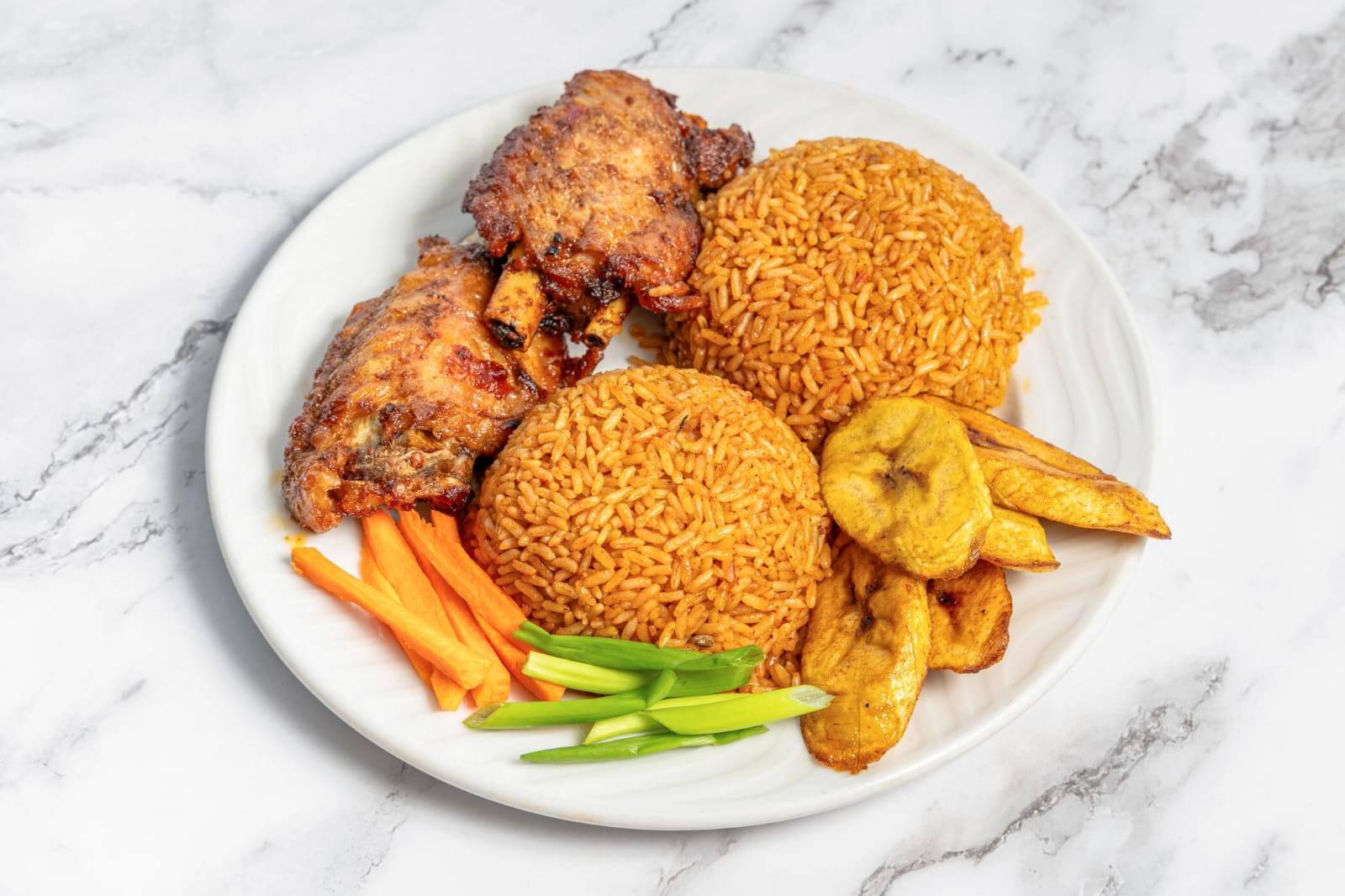
Nigerian Food and Culture
Nigerian Food and Culture: How Food Plays a Central Role in Celebrations, Festivals, and Other Cultural Events
Food is an essential part of Nigerian culture. It’s not just a source of sustenance, but a means of celebration, connecting with family and friends and reflecting the country’s diverse cultural heritage. This blog post will explore the relationship between Nigerian food and culture, including how food is used in celebrations, festivals, and other cultural events.
Nigerian food is diverse and reflects the country’s rich cultural history. Each region has distinct culinary traditions, and the food varies depending on climate, geography, and religion. Despite these differences, however, Nigerian food is characterized by its use of spices and seasonings, such as chilli pepper, ginger, and garlic, and its emphasis on starchy side dishes, such as fufu, pounded yam, and rice.
Food plays a central role in Nigerian celebrations and festivals. For example, feasts are prepared for the guests during weddings, and family and friends are invited to celebrate the couple’s union. The food served at Nigerian weddings varies depending on the region but typically includes dishes like Jollof rice, Egusi soup, and Pounded Yam with Egusi soup.
During Christmas, Nigerian families often prepare unique dishes, such as Chicken or Turkey stew, Fried Rice, and Fruit Salad, to celebrate the holiday.
In addition to celebrations and festivals, food is also an essential aspect of Nigerian hospitality. Visitors are often welcomed with food, and families and friends gather for a meal to catch up and share stories. Nigerian meals are usually family-style, with various dishes on the table, allowing guests to try different dishes and flavours.
Moreover, Nigerian food is an expression of cultural identity and heritage. Many Nigerian dishes have been passed down from generation to generation and are often made using traditional cooking methods and utensils. For example, stews and soups are usually cooked in clay pots, and pounded yam is made using a mortar and pestle.
In conclusion, Nigerian food and culture are inextricably linked. Food is not just a means of sustenance but a means of celebration, connection, and identity. From weddings and holidays to everyday meals, food plays a central role in Nigerian culture, reflecting the country’s rich culinary heritage and diverse cultural traditions.



